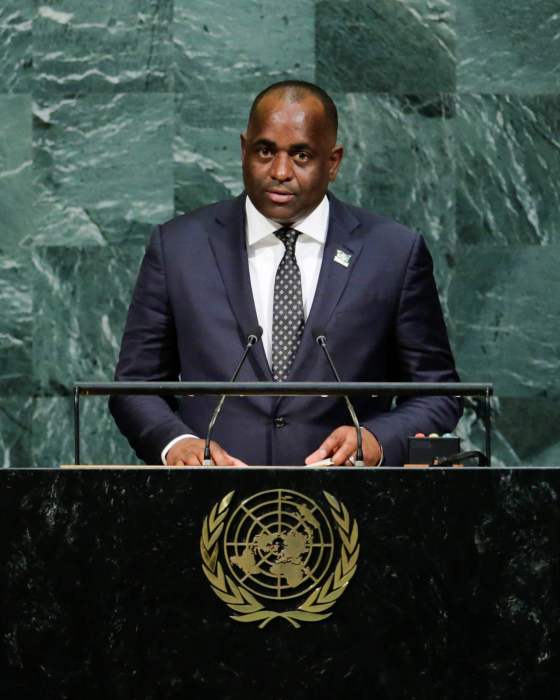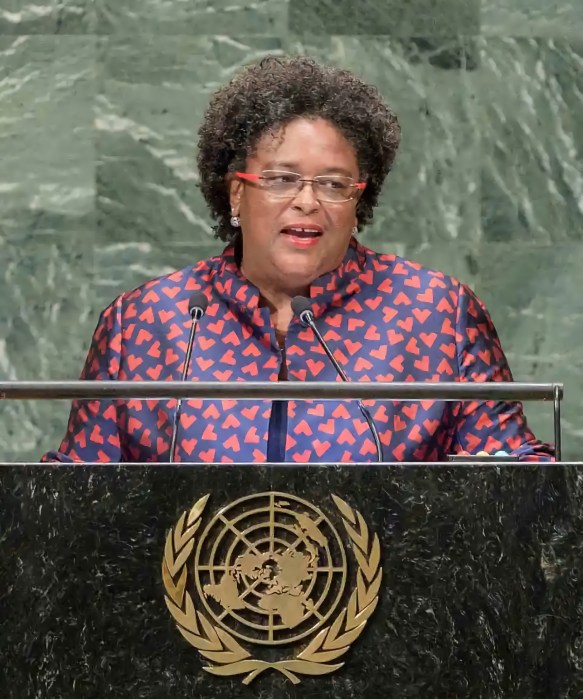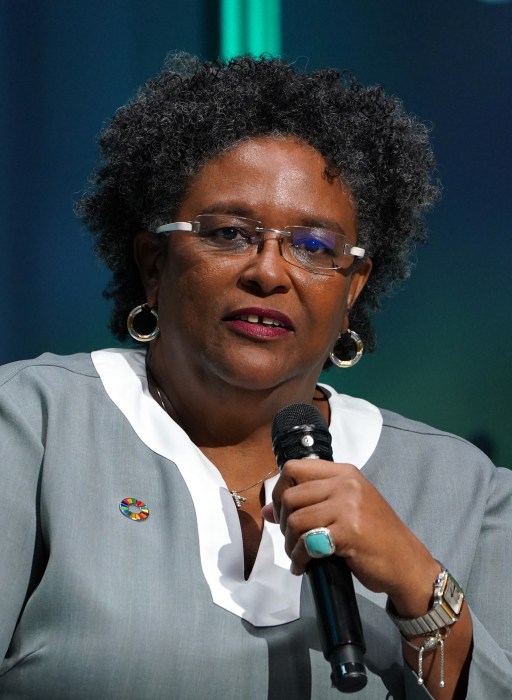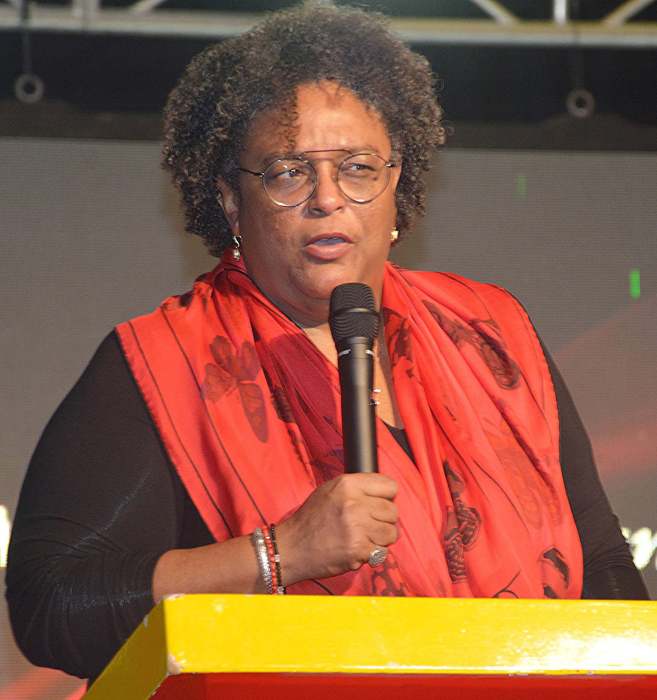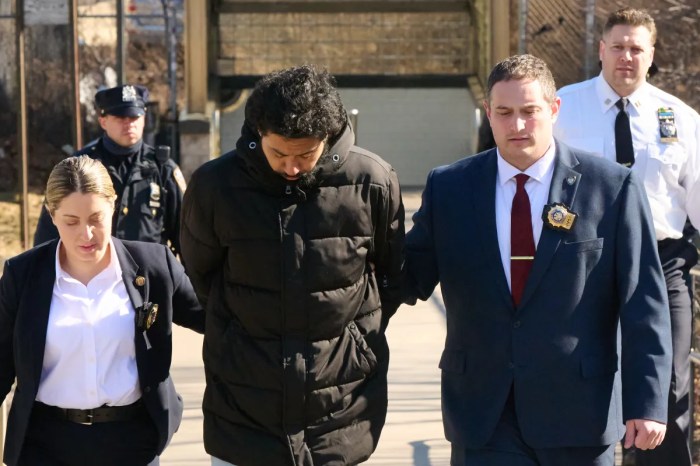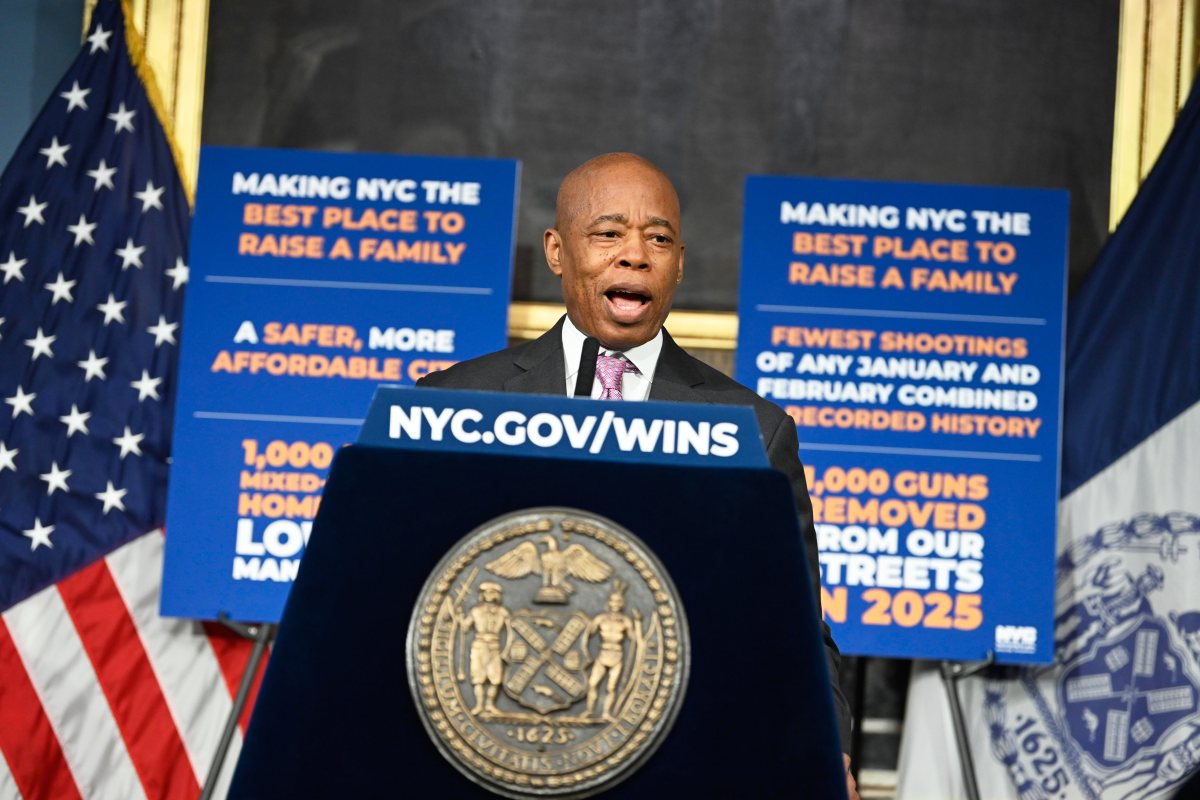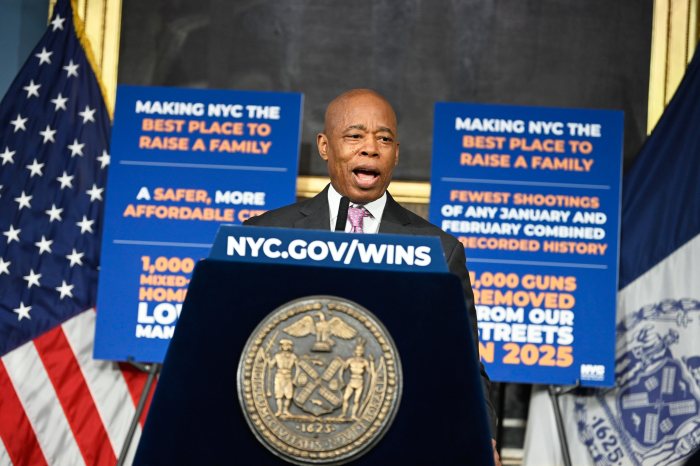Caribbean
There are calls for a tsunami warning center in the Caribbean.
The latest has come from Puerto Rico’s representative to the U.S. Congress who called on President Barack Obama administration to establish a warning system for the U.S. territory and the Caribbean.
The center will result in improved tsunami detection, warning and education activities in the Caribbean, said Pedro Pierluisi, resident commissioner of Puerto Rico.
The devastating tsunami that recently hit Japan and left thousands dead made many in the region nervous.
He noted that despite the tsunami threat facing the U.S. Caribbean territories of Puerto Rico and Virgin Islands, the only two warning centers in America are located in the Pacific region.
Puerto Rico has been earmarked as a Caribbean center by United Nations agencies within the region since the Indian Ocean tsunami in 2004.
Cuba
Cuba’s hard currency used by tourists and other foreigners and to which only a minority of Cubans have access, has been devalued to bring it in line with the U.S. dollar.
The eight percent devaluation of the Cuban Convertible Peso (CCP) announced recently by President of the Central Bank of Cuba Ernesto Median is aimed at attracting more foreign exchange and stimulating exports.
The CCP is one of two official currencies used in Cuba, the other being the standard peso used by most Cubans.
The convertible has been in use since l994 when it was treated as equivalent to the U.S. dollar. Officially exchangeable only within the country, it was previously valued at US$1.08.
Barbados
Barbados Opposition Leader Owen Arthur has painted a gloomy picture of the country’s economy.
Speaking during the recent budget debate, Arthur said that if the country is faced with a severe economic financial crisis before the budget presentation, it will continue to do so or even get worse after the estimates are put into effect.
The former prime minister said that Barbados’ economy, which was the second best in the region is now one of the poorest – below Trinidad and Tobago, Jamaica, Belize and the Bahamas.
He said the December report indicated that not only has Barbados position, as measured by the overall fiscal deficit, deteriorated significantly, but also dropped significantly in comparison to the rest of the region.
Grenada
Grenada is seeking to promote itself as a year-round cruise destination and is also trying to secure additional employment for Grenadians on tourist vessels.
The country continues to benefit from record numbers of cruise ship arrivals during the winter but tourism officials are currently meeting with decision-makers in the United States in an effort to attract increased calls during the summer months.
A delegation headed by Tourism Minister Peter David recently attended the annual Sea/Trade Summit in Miami.
Jamaica
Jamaica’s Attorney General and Minister of Justice Dorothy Lightbourne has maintained that Deputy Director of Public Prosecutions Jeremy Taylor gave bad advice that ultimately led to the death of 73 persons during the unrest resulting from the Christopher “Dudus” Coke extradition.
She made the statement recently during the Commission of Enquiry into the extradition of Coke during cross-examination by Lord Anthony Gifford, attorney for the DPP’s office.
Lord Gifford wanted to give the attorney general an opportunity for her to restate her position but she maintained that Taylor was to be blamed because he wrongly advised the United States to send a formal extradition request, instead of asking for a provisional request, which would result in immediate extradition.
Lightbourne also testified that an email purportedly sent by her Solicitor General Douglas Leys and attorney Harold Brady concerning the extradition request had to be a forgery and she insisted that she did not send or dictate the email.
The AG said she delayed signing the extradition because she felt that Coke’s constitutional rights had been breached.
She said, however, that she was finally forced to put public interest ahead of Coke’s individual rights when she signed the order.
The enquiry is continuing.
Jamaica
The Planning Institute of Jamaica (PIOJ) estimates that poverty levels in Jamaica may have passed 20 percent last year up from 16.5 percent in 2009 and 9.9 in 2007.
In its report, A Growth Inducement Strategy for Jamaica in the Short and Medium Term, published recently, the PIOJ said Jamaica’s economic performance was characterized by rising poverty levels among other things.
The PIOJ projects poverty to have risen within a range between 18.5 percent and 20.3 percent in 2010.
At an estimated population of 2.7 million, this means that more than 540,000 persons are now live below the poverty line.
St. Lucia
St. Lucia Tourism Minister Allen Chastanet has apologized to three gay American tourists who were beaten and robbed at their vacation cottage recently.
One of the victims said the gunmen made slurs against gays, white people and Americans during the March 8 assault.
Chastanet said the attack was “unacceptable behavior and our destination will not tolerate it.”
Police said they have arrested two suspects and are looking for a third.
The former British territory is not known as a risky place for gays, compared with other, socially conservative Caribbean islands where many gays are not open about their sexuality.
Trinidad
Doctors are protesting over the suspension of five of their colleagues and four nurses at the San Fernando General Hospital, South Trinidad following the death of a 29-year-old mother Chrystal Ramsoomair, who died hours after undergoing a Caesarean operation to deliver a baby girl.
The doctors are contending that the South-West Regional Health Authority (SWRHA) did not follow proper procedures in sending home the medical staff who were involved in the operation and its action was unlawful.
The SWRHA also fired its chief executive officer Paula Chester-Cumberbatch for not responding immediately to issue the suspension letters after the Minister of Health Senator Therese Baptiste-Cornelis told a press conference and the senate that the doctors were suspended when at the time they did not receive the notices.
The health minister said the suspensions were not a punitive measure but to restore confidence in the health system.
The CEO is promising to take legal action against the government over her dismissal.
Trinidad
Prime Minister Kamla Persad-Bissessar told British investors at the launch of the Caribbean Investment Forum (CIF) held in London recently that Trinidad and Tobago is showing signs of economic recovery.
She said that after a contraction of 3.5 percent in 2009, the economy is projected to grow at about two percent in 2011.
The International Monetary Fund (IMF) has projected that the economy will grow at about .5 percent in 2011.
Persad-Bissessar said the crisis of the last two years had indeed impacted Trinidad and Tobago though not as severely as many other Caribbean nations.
“Today, we have encouraging signs of a slow yet stable economic recovery,” she said.
The prime minister pointed out that while T&T draws most of its revenues from the energy sector, the economic slowdown has made it critical that government invest in a range of non-energy sectors.
Trinidad and Tobago’s main exporting countries in the Commonwealth are Jamaica, United Kingdom and Barbados while T&T’s major exports are petroleum, petroleum products, chemicals, steel products and fertilizers, she noted.
Compiled by Azad Ali


